Stake boss Jonathan Wheatley is under no false illusions about the colossal size of the task facing the Hinwil-based squad as it transitions to the Audi F1 team.
The former Red Bull sporting director was drawn to the project because of its "exciting" scope, but he does not underestimate the formidable challenge ahead.
Modest in size, the former Sauber entry will undergo a transformation as it becomes a factory team next year, with the weight of expectation set to increase considerably.
Having slipped to the foot of the F1 standings last season, with just four points to show for an entire campaign, the combination of Nico Hulkenberg and Gabriel Bortoleto has helped vault the soon-to-be German team up the constructors' standings.
16 rounds into the 24-weekend slate, Stake sits eighth in the table on 55 points, including a long-awaited and much-celebrated maiden podium finish for Hulkenberg at Silverstone.
However, with Audi surrendering Stake's current Ferrari power unit supply to become a works outfit in 2026, there will be considerable work to do over the coming seasons.
"I don't think there's anything easy about Formula 1," Wheatley reflects whilst speaking to RacingNews365, as part of an exclusive interview. "And obviously, I came here, and it's been fantastic to be part of the Sauber journey.
"But also, my full focus is on the Audi F1 project, and that was the most exciting... I think it's the most exciting thing that's happened in Formula 1 for a very long time; it might even be the most exciting thing in sport at the moment."
Humble origins
Though it might seem unattainable from where the team currently sits in the F1 pecking order, the regulations overhaul provides an opportunity - and Wheatley is looking for a "shortcut", as he puts it.
"Yes, we have a hugely ambitious target, hugely ambitious," the 58-year-old explains before touching upon the division of labour between himself and head of the Audi F1 project, Mattia Binotto.
"We're aiming to win races and compete for world championships at the end of the decade, and we need to shortcut our route there somehow or other.
"And I think with Mattia's and my combined knowledge and experience, the way we've separated our roles and also in the overlap, the way we work together on the future as well...
"I mean, obviously what we're sat in our motorhome here. It's been part of the paddock, the longest motorhome presence in the paddock.
"But every single thing you look at, see, touch, will feel completely different next year, and it's an ambitious target to even do that. The infrastructure required to make that look different is something else."
That motorhome is, as Wheatley points out, the longest-serving in the F1 paddock, having debuted at Imola in 2006, playing its role as a dutiful servant to the team for the European leg of the season for nearly two decades.
Whilst it was retired at the end of the recent Italian Grand Prix, and will be replaced when F1 returns to the continent next year, it represents the journey the team is about to embark on.
"And we're still coming from humble origins," the Briton says. "We're on a route to becoming a works team, a big team.
"We're still a small team at the moment, you know? So, yeah, we have an incredibly intense period, I would say, especially over the next six months. But obviously, that relentless push just will go on and on and on."
Viewed by others:
Rough diamonds
This process will, quite naturally, see the team grow significantly over time, but Wheatley has adopted a careful and considered approach.
The Stake team principal is placing a premium on internal progression and utilising existing "rough diamonds", which can then be complemented by external talent coming in to bolster ranks.
"When you talk about building a team, sometimes you have to go outside and recruit new talent to bring it into the business," he states.
"So you bring that new talent into the business. It doesn't just immediately work. It takes a while for them to understand how this team is structured, their team is structured.
"Plus, also, you have to be careful, because that then sends a message in the business that, can I get promoted? Is there a possibility for me to further my career in the business?
"And I think you will notice that I've not brought any high-level people in with me. What I wanted to do was I wanted to understand the business, find the rough diamonds in the business."
'It doesn't happen in five minutes'
Wheatley shares how he is leaning heavily on the considerable experience he has garnered in F1 since cutting his teeth as a mechanic at Benetton in the early 1990s, highlighting specifically the work he undertook at Red Bull.
He is acutely aware of how precarious this phase is for the team, underlining the need to prevent nerves and internal discomfort by over-aggressive expansion.
"I've spent the last 20 years identifying talents, new energy, new people, guiding them in their roles, changing and adapting structures to suit the people, rather than just a rigid organisation and trying to put people in roles that not only they're good at, but they enjoy and that they love," he adds.
"Because I think that starts a culture of people enjoying what they're doing for a business, and then the other thing is, you expand quickly, people get nervous.
"Change is hard, but we need to get used to change here. We need to get comfortable with it, rather than finding it uncomfortable. We need to use it as an energy to push ourselves forward.
"So, creating that culture in the company, and Mattia started this process a year ago, changing the culture from a good result is having two cars finish the race, even having two cars at the race, to challenging for race wins and championships."
Wheatley is focused on managing the transition to Audi the "right" way, pointing out that creating the "strength and depth" required for the team to reach its ultimate goals will not be quickly achievable.
"You can imagine the journey we're on," he insists. "You can't just recruit. There's only so many desks and tables and offices and meeting rooms, and chairs in the business.
"So we also need to expand at the right rate. At the points, we need to consolidate, make sure what we're doing is right.
"And then we need to start bringing in new talent... We need to be creative, we need to be bringing in new talent within the business, within the constraints of the cost cap, training those people and bringing them through so that we end up with this strength and depth and at every level a succession plan. It doesn't happen in five minutes."
Also interesting:
Join RacingNews365's Ian Parkes, Sam Coop and Fergal Walsh, as they look ahead to this weekend's Azerbaijan Grand Prix, plus the team discusses what's next for Max Verstappen after his astonishing GT racing debut performance around the Nordschleife.
Rather watch the podcast? Then click here!
Don't miss out on any of the Formula 1 action thanks to this handy 2026 F1 calendar that can be easily loaded into your smartphone or PC.
Download the calenderMost read
In this article
Interviews RN365 News dossier
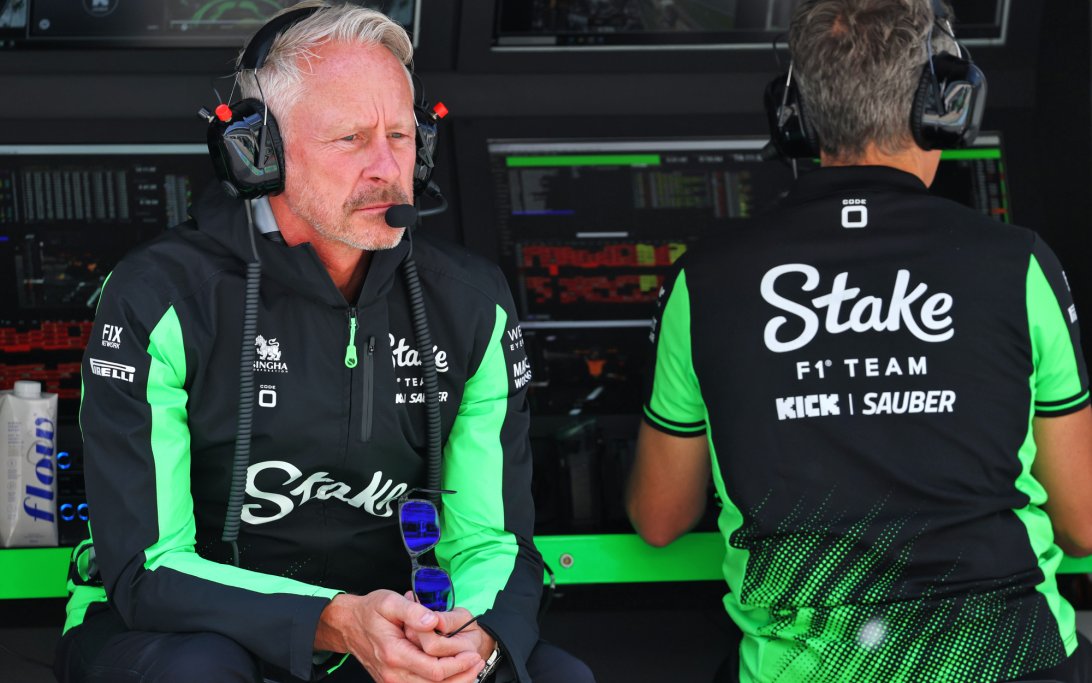
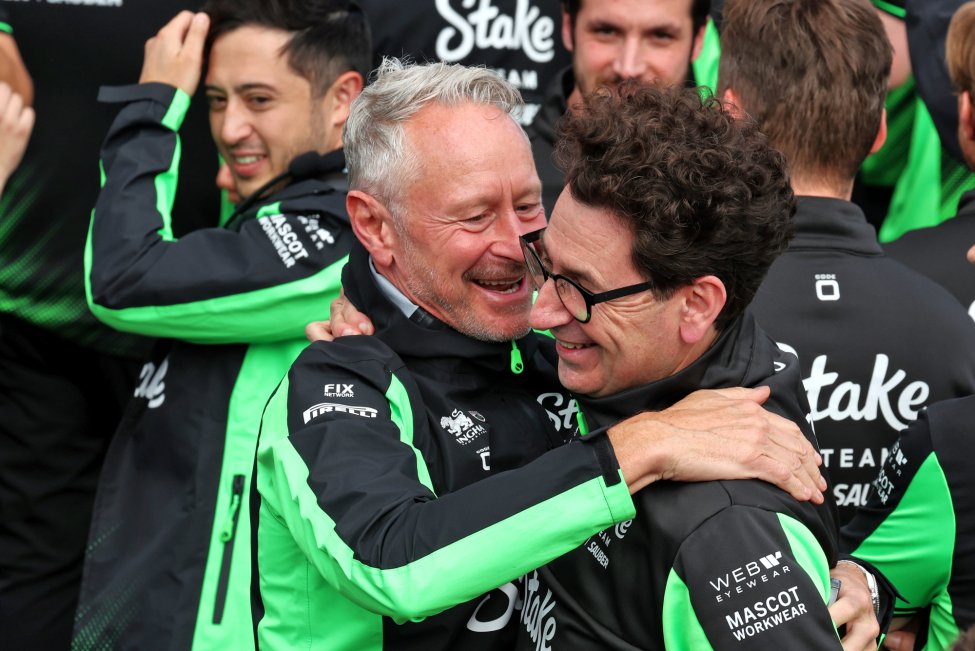
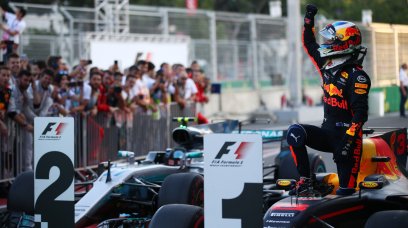
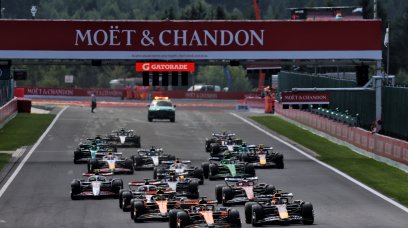
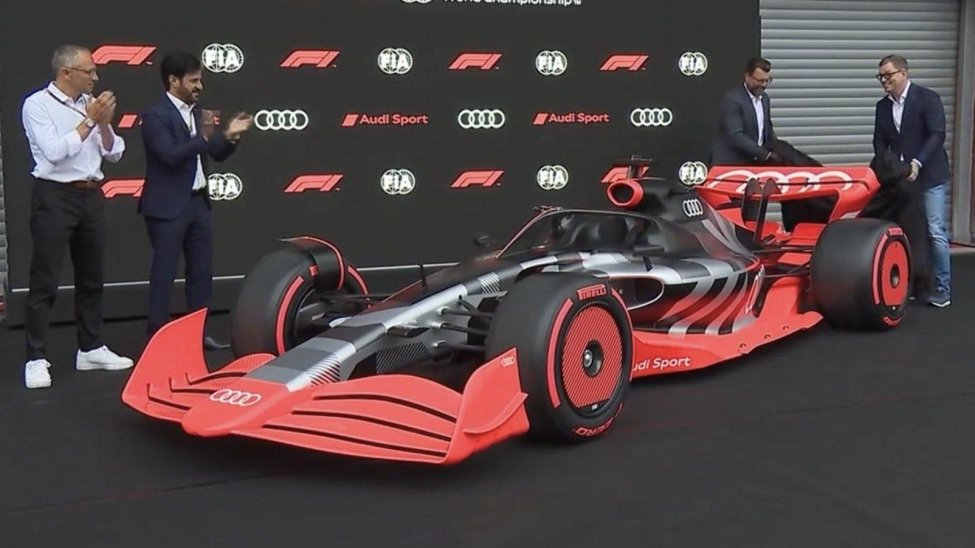


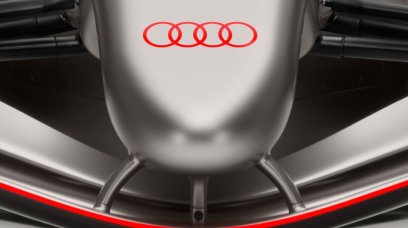
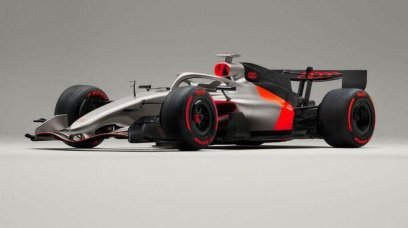
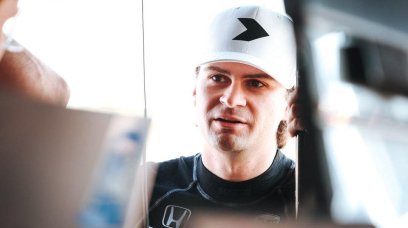
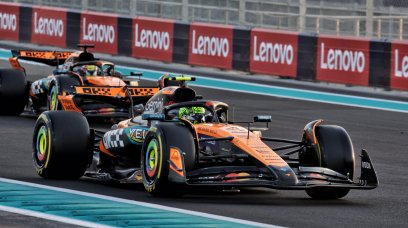
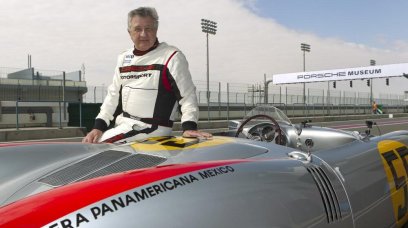
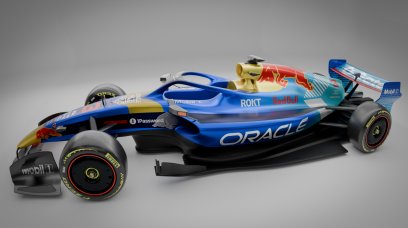
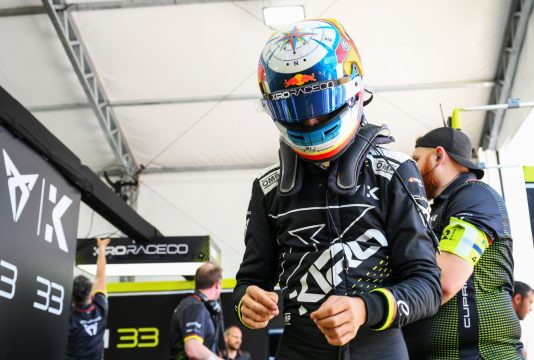

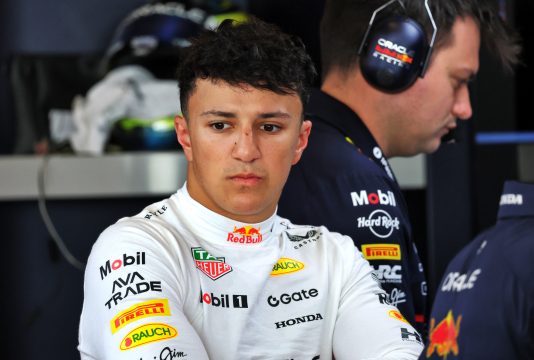
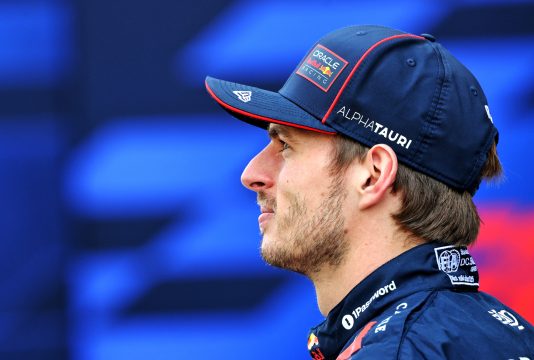
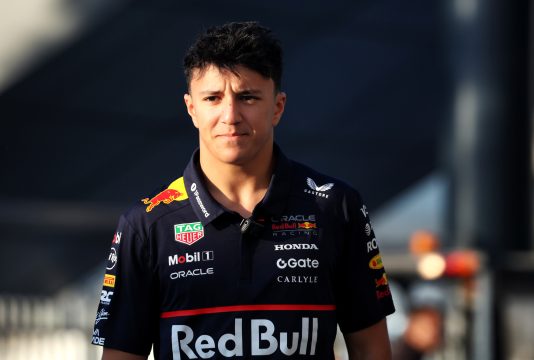
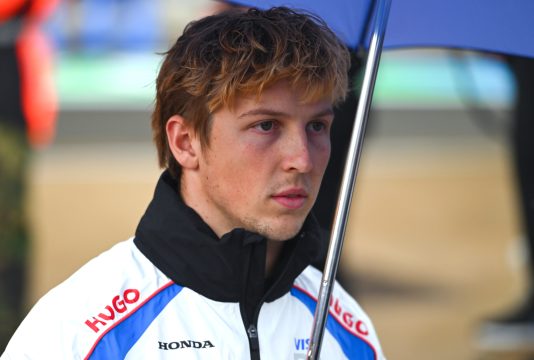
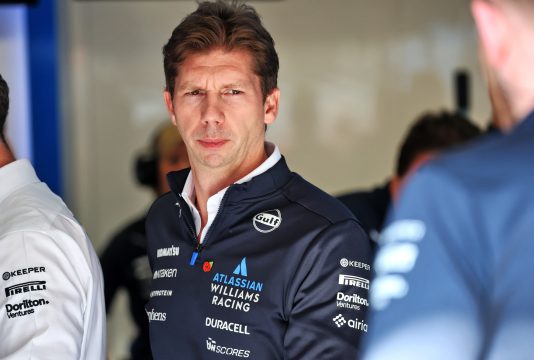
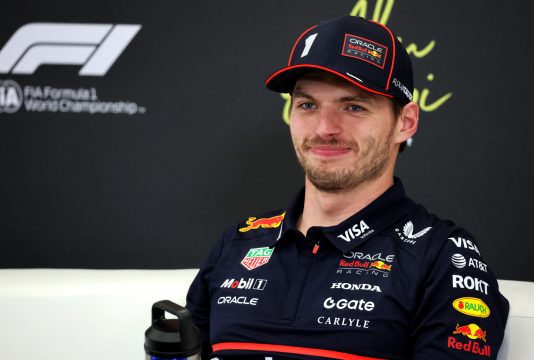
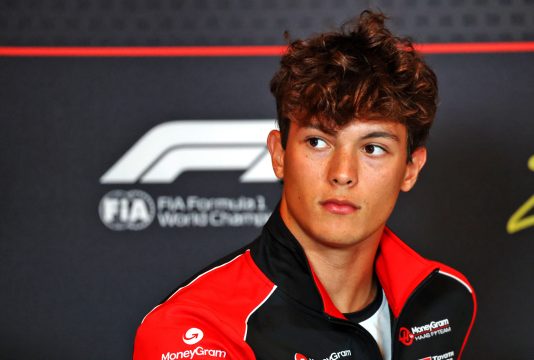
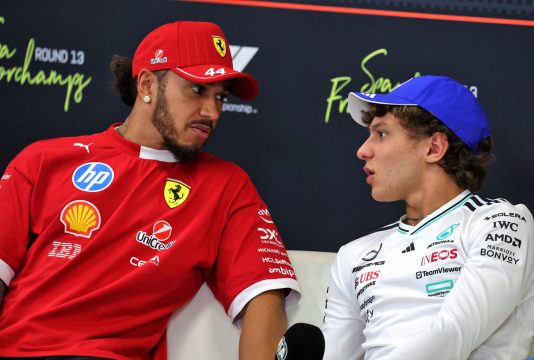
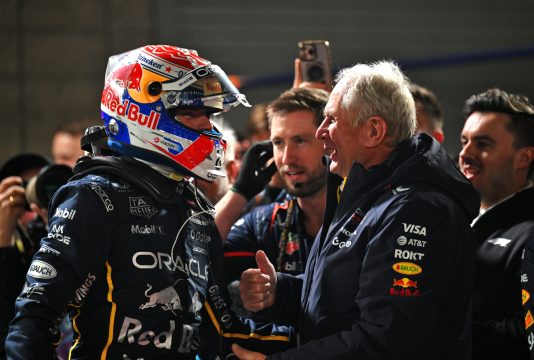
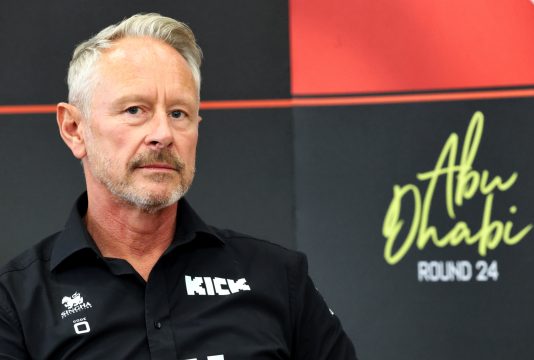
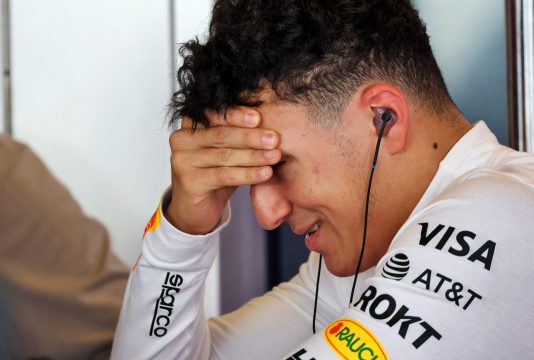
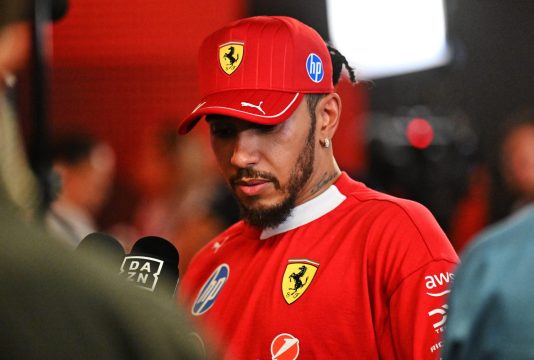
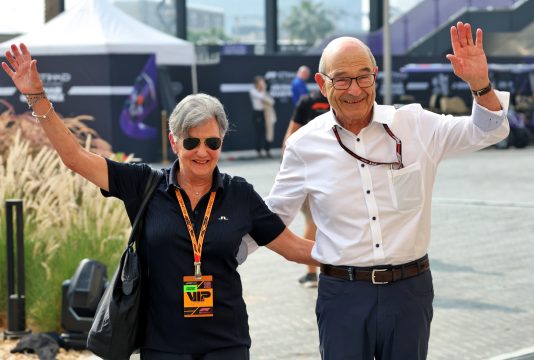
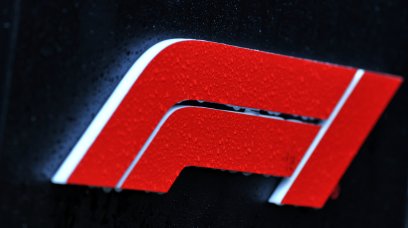
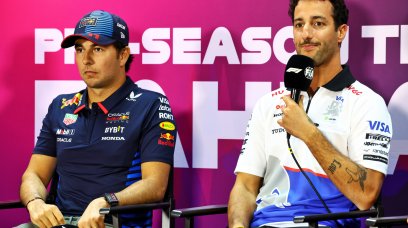
Join the conversation!